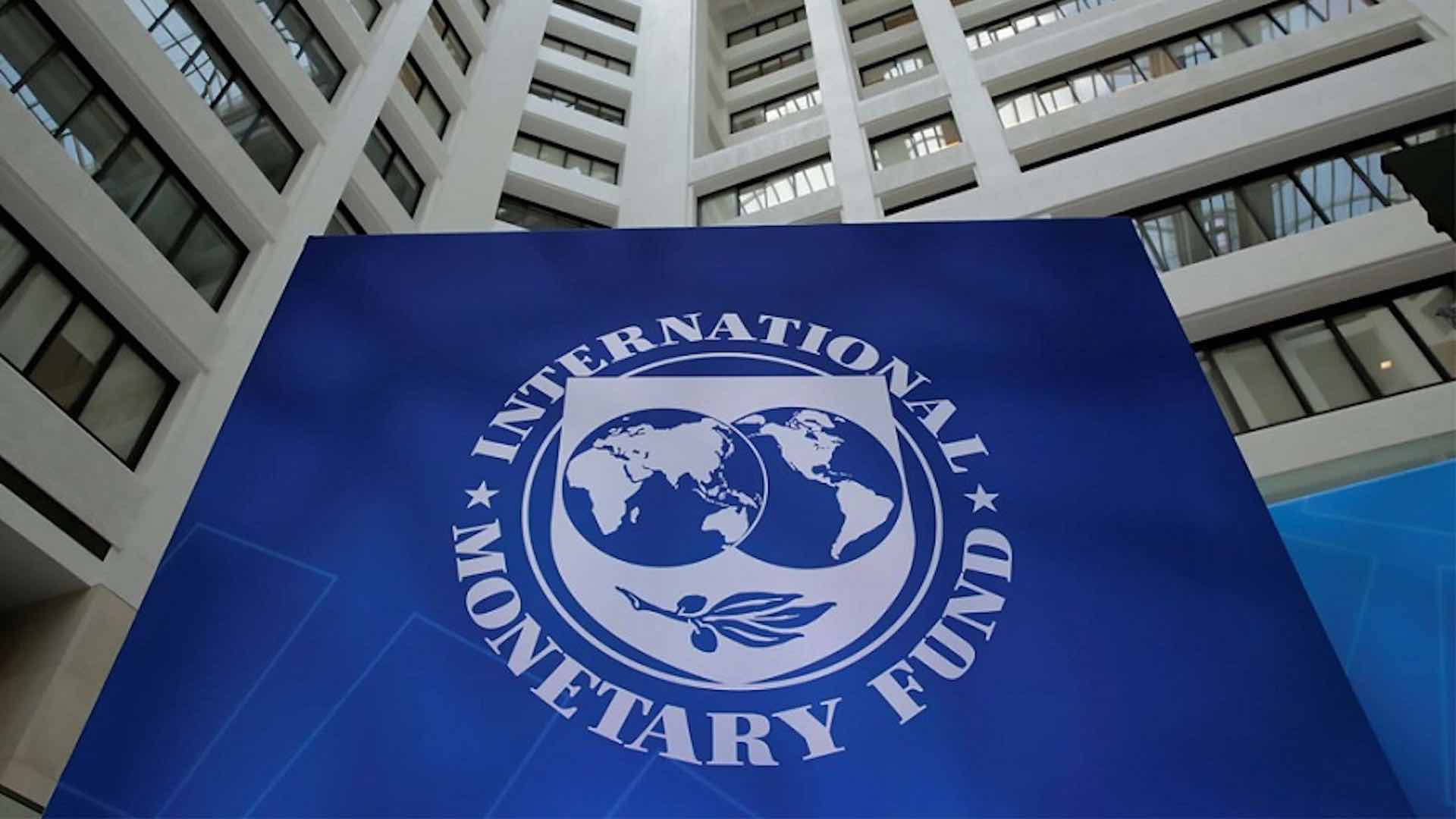The International Monetary Fund (IMF) has provided over $24 billion in interest-free loans to more than 50 low-income countries since the COVID-19 pandemic. The resource adequacy of the Poverty Reduction and Growth Trust (PRGT), Resilience and Sustainability Trust (RST), and Debt Relief Trusts, including the Catastrophe Containment and Relief Trust (CCRT), was reviewed by the IMF’s Executive Board on Friday.

The PRGT is the Fund’s main vehicle for providing concessional loans to low-income countries, while the RST delivers affordable long-term financing to low-income and vulnerable middle-income countries, small states, and others to reduce risks to balance of payments stability from climate change and pandemics. The PRGT has faced a shortfall of SDR 1.2 billion (about $1.6 billion) in pledges for subsidy resources and SDR 3.5 billion (about $4.7 billion) for loan resources to complete the first stage of the 2021 funding strategy. This is due to substantially stronger demand for PRGT loans and sharply higher interest rates than previously anticipated.
A multi-pronged strategy has been proposed to mobilize contributions to address gaps in subsidy and loan resources, coupled with further steps during the 2024/25 comprehensive PRGT review to put the PRGT on a sustainable footing to deliver sufficient support to low-income countries in the long-term. The recently established RST has seen strong and front-loaded demand for arrangements under the Resilience and Sustainability Facility (RSF), with five RSF arrangements approved since RST operationalization on October 12, 2022.
The pipeline of potential requests for financing is building up quickly. The CCRT provides grants for debt relief for the poorest and most vulnerable LICs hit by catastrophic natural disasters or public health disasters, disbursing SDR 690 million across 31 countries during the pandemic, which left its cash balance almost depleted. The review emphasized the need for all IMF member countries to fulfill their pledges to the CCRT and reiterated the importance of its adequate resource levels.
The IMF is committed to providing financial assistance to low-income countries and other vulnerable countries during crises such as the COVID-19 pandemic, climate change, and natural disasters. The Fund will continue to work with member countries to ensure that concessional financing remains available and is effectively used to support sustainable economic growth and poverty reduction.
